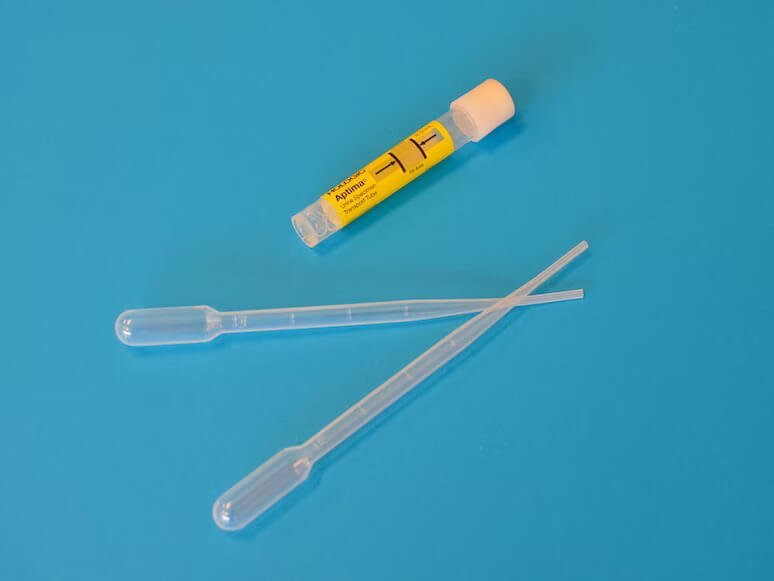Much like other industries, the healthcare sector must carefully balance cost and efficacy when it comes to the equipment it purchases and uses. However, where healthcare is unique is that it must also take into account the safety of the patients it treats.
Some large and expensive machines, such as X-rays or MRIs, must be carefully cleaned between uses to avoid the spread of any illnesses or infections. This is unavoidable, as these machines can often cost millions and so must be reused over and over again. However, for smaller-scale tools and instruments, this isn’t always necessary.
What Are Single-Use Plastics?
Single-use plastics are pretty self-explanatory. They are plastic objects, tools, or instruments that are used once for their intended purchase and then thrown away. There are numerous varieties of single-use plastics found across a number of industries, such as containers in the food and drink industry or a self-retaining retractor in the healthcare sector.
In fact, it is the healthcare industry, in particular, that makes the most use and sees the greatest benefits from single-use plastics. Let’s take a look at some of these benefits in more detail.
They’re Hygienic
Hygiene is absolutely crucial for the healthcare industry. Often, medical practitioners will be treating highly vulnerable patients, so ensuring they do not catch any illnesses or diseases while under care is vital. Not only would this jeopardise the safety of the patient, but it could also lead to malpractice accusations.
By using single-use plastics, healthcare professionals can limit the risk of cross-contamination and the spread of harmful bacteria and viruses. After a tool made of single-use plastic has been used, it can be disposed of safely to limit the risk of it harbouring and then passing on any infectious organisms.
They’re Cost Effective
One of the greatest benefits of plastic is that it is incredibly cheap to produce. Unlike other materials like metal, plastic medical instruments can be produced rapidly and with a great deal of accuracy at a cost that is far lower than any comparable material.
Hospitals and healthcare services require enormous levels of funding in order to function and operate correctly, so it is vital that they follow a rigorous financial framework and make savings wherever possible. Using plastic for medical instruments is one of the best ways to do this and can allow healthcare organisations to funnel funds back into frontline services.
They Save Time
Time management is crucial in healthcare. Many patients require immediate attention, and staff must be organised and able to meet patient needs as quickly as possible. Cleaning and sterilising medical equipment is a lengthy process that requires significant man-hours to be done correctly. One of the best ways hospitals can manage their time is to make use of single-use plastics to avoid having to unnecessarily sterilise lots of medical equipment.
Conclusion
The use of single-use plastic in the medical industry was revolutionary and offered healthcare services a number of incredible benefits, including improved hygiene standards, greater cost-savings, and better time management capabilities.

